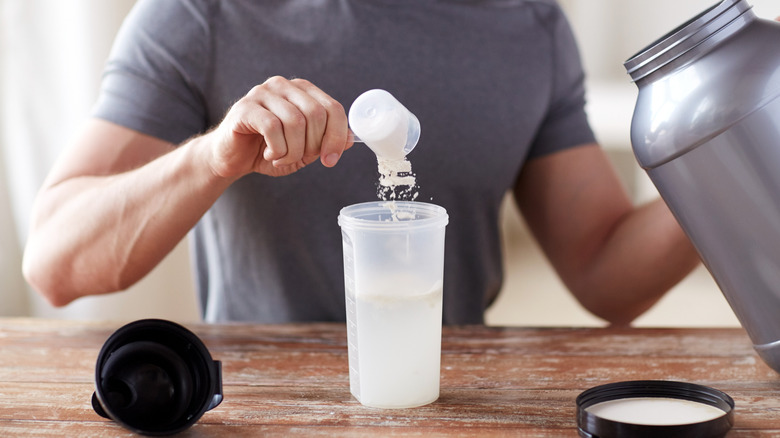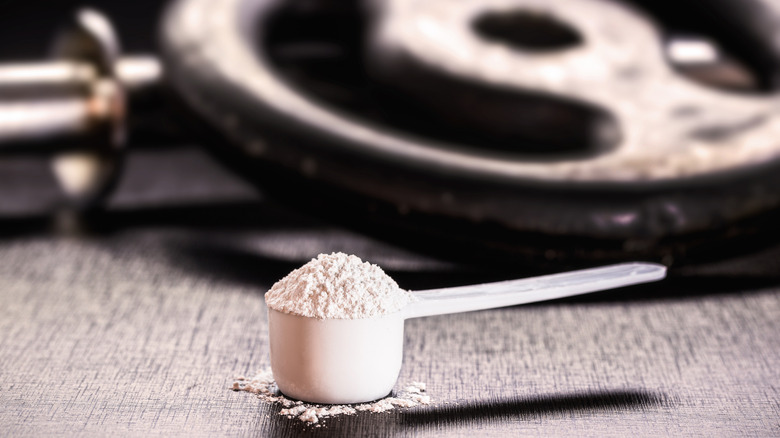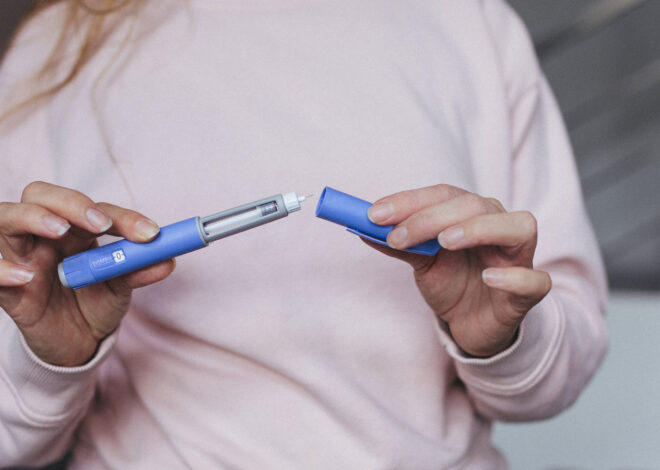
The Benefit Of Taking Creatine When You’re Sleep Deprived – Health Digest
We may receive a commission on purchases made from links.
People trying to gain muscle mass are well aware of creatine’s role in providing energy for muscles. Creatine isn’t just for bodybuilders, however. Supplementing with creatine might help manage your cholesterol and blood sugar, improve cognitive function, and boost the effectiveness of some antidepressants, according to a 2021 review in Nutrients.
On days when you don’t get enough sleep, your creatine supplement might help your brain. According to a 2006 study in Psychopharmacology, people who took 20 grams of creatine every day for a week had better reaction times, balance, mood, and memory when they were sleep-deprived.
Even if you don’t take creatine every day, a single dose might help counteract the cognitive strain of sleep deprivation. A 2024 article in Scientific Reports found that a large dose of creatine temporarily boosted brain energy and improved cognitive performance in people subjected to sleep deprivation. This shows that creatine might prevent the deterioration of your brain while under stress, especially when you’re lacking in sleep.
How creatine helps your sleep-deprived brain
On a typical day, your brain uses ATP (adenosine triphosphate) as its main source of energy. Creatine and phosphocreatine also serve as energy sources for your brain, according to a 2024 article in Scientific Reports. When you don’t get enough sleep at night, your brain needs more energy to function. You might notice you’re not as sharp as ATP breaks down. You could be slow in solving problems, or you’re not as attentive as when you’ve had sufficient sleep. Your brain relies on phosphocreatine to help it function and produce more ATP.
When you take creatine, your body converts it to phosphocreatine to use as a quick source of energy. That’s why it’s often used to improve athletic performance. Increasing your creatine intake could also increase the energy reserves in your brain to use when you’re under stress, such as when you’re sleep-deprived. However, a 2024 review in Behavioural Brain Research found that creatine supplementation might not be as effective on your brain health if you’re not under stress.
What to expect while using creatine
If you’d like to experience the health benefits of creatine, it’s often recommended to take 20 grams a day as part of a loading phase. Rather than taking it all at once, it’s easier to split it into four doses throughout the day. While many pre-workout supplements add creatine to help fuel the muscles, they can keep you up at night if you take them too late in the day. It’s best to find a basic creatine supplement without any additional ingredients like this creatine monohydrate supplement from Nutricost.
Some people may experience side effects from creatine supplementation, such as excessive sweating, diarrhea, or dizziness. Because creatine increases the water in your muscles, you might also notice water weight gain. You should always drink plenty of water while taking creatine. You should also check with your doctor before taking this supplement if you have diabetes or issues with your kidneys or liver.
Creatine supplements are relatively safe, but remember that you can get plenty of creatine in your diet through protein sources such as red meat, seafood, and milk. For example, a 100-gram serving of salmon provides about 900 milligrams of creatine. Your liver, kidneys, and pancreas also produce creatine to fuel your muscles during exercise.





